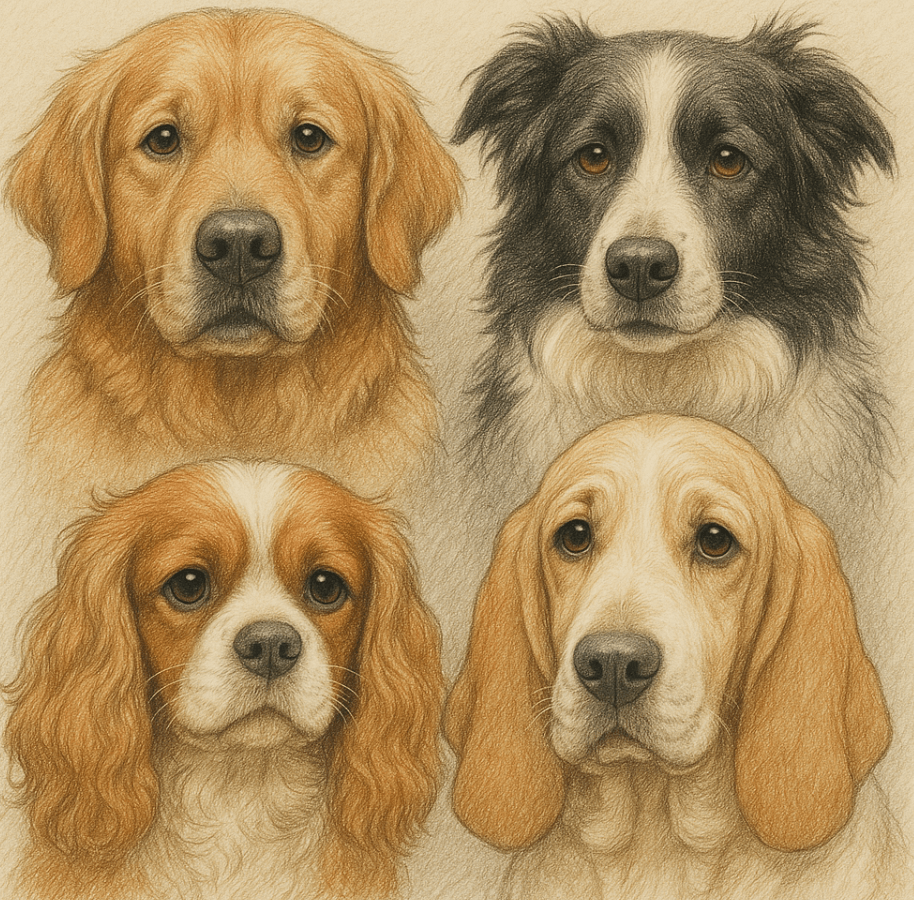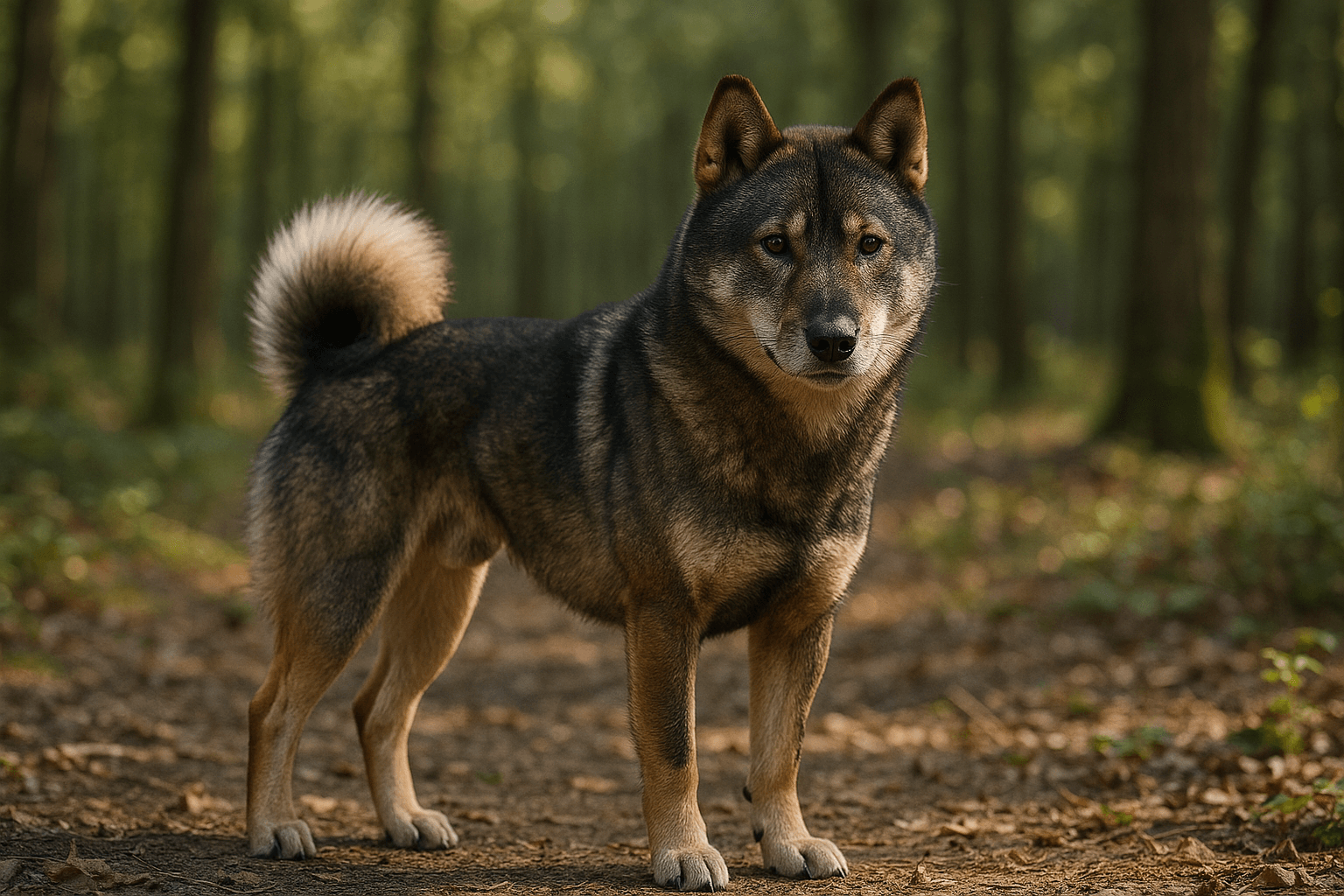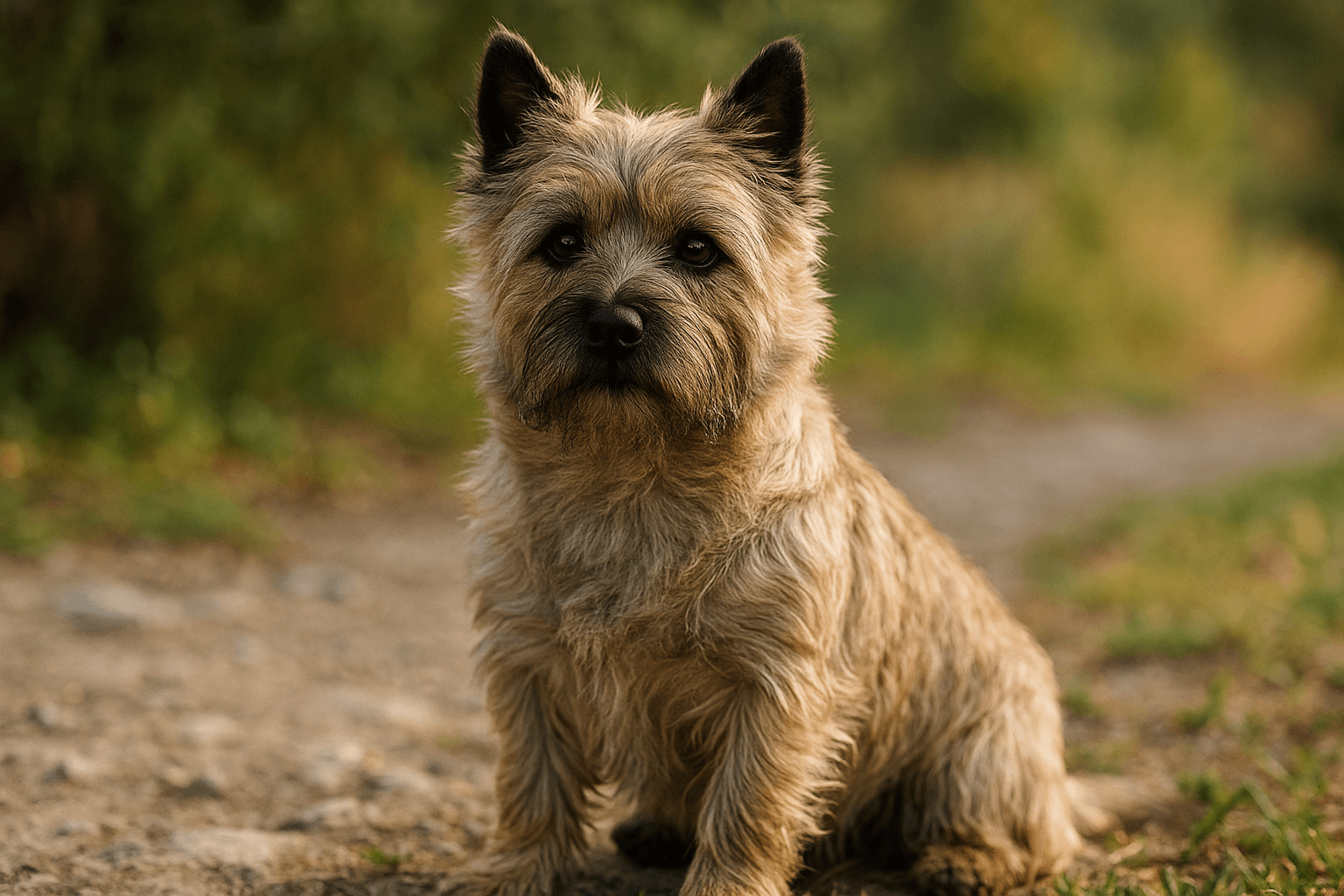Most Docile Dog Breeds: Finding the Perfect Gentle Companion
When searching for a furry friend to join your family, temperament plays a crucial role in ensuring harmony and happiness. For those seeking a calm, affectionate, and easygoing companion, docile dog breeds are an excellent choice. These gentle souls are known for their friendly demeanor, patience, and adaptability, making them ideal for families, first-time dog owners, or anyone looking for a low-maintenance yet loving pet. In this blog post, we’ll explore some of the most docile dog breeds, their unique traits, and why they might be the perfect match for your lifestyle. Whether you’re living in a bustling city apartment or a quiet suburban home, there’s a gentle breed out there for everyone.
Top 5 Most Docile Dog Breeds
If you’re considering adding a docile dog to your family, these breeds are renowned for their calm and friendly personalities. Each one brings something special to the table, from unwavering loyalty to a laid-back attitude.
Golden Retriever:
Known for their friendly and tolerant nature, Golden Retrievers are great with kids and excel as therapy dogs due to their gentle temperament.Cavalier King Charles Spaniel:
This small breed is affectionate, adaptable, and thrives on human companionship, making them perfect for apartment living.Bulldog:
With their relaxed demeanor and love for lounging, Bulldogs are content to spend their days by your side without demanding too much attention.Basset Hound:
Basset Hounds are calm, patient, and easygoing, often forming strong bonds with their families while maintaining a peaceful presence at home.Newfoundland:
Often referred to as “gentle giants,” Newfoundlands are incredibly kind, protective, and patient, especially around children.
These docile breeds exemplify what it means to be a loyal and loving companion, offering endless affection without overwhelming energy levels.
Why Choose a Docile Dog Breed?
Docile dog breeds are a popular choice for many households, and for good reason. Their easygoing nature makes them suitable for a wide range of lifestyles and environments. Here are some key benefits of choosing a docile breed.
Great with Families:
Docile breeds are typically patient and tolerant, making them excellent companions for households with children or other pets.Low Maintenance Energy Levels:
Unlike high-energy breeds, docile dogs require less exercise and are content with shorter walks or play sessions.Adaptable to Living Spaces:
Many docile breeds thrive in apartments or smaller homes, thanks to their calm and relaxed personalities.Easy to Train:
Their agreeable nature often translates to eagerness to please, making training sessions smoother and more enjoyable.Emotional Support Companions:
Many docile breeds excel as therapy or emotional support dogs due to their comforting and empathetic demeanor.
Choosing a docile breed ensures a harmonious home environment, where your dog becomes a cherished member of the family.
Check this guide 👉Healthiest Large Dog Breeds: Best 7 Expert Tips!
Check this guide 👉Happy Dog Breeds: Best 7 Expert Tips!
Check this guide 👉Rarest Dog Breeds: Best 7 Expert Tips!

Best Docile Breeds for Apartments | Best Docile Breeds for Families |
|---|---|
French Bulldog | Golden Retriever |
Cavalier King Charles Spaniel | Labrador Retriever |
Shih Tzu | Beagle |
Pug | Boxer |
Bichon Frise | Newfoundland |
Tips for Caring for a Docile Dog Breed
While docile breeds are generally easier to manage, they still require proper care to ensure their health and happiness. Follow these tips to provide the best life for your gentle companion.
Provide Regular Exercise:
Even docile breeds need daily walks or playtime to maintain a healthy weight and prevent boredom.Focus on Mental Stimulation:
Puzzle toys, scent games, and interactive activities keep their minds sharp and engaged.Prioritize Socialization:
Early exposure to different people, animals, and environments helps them remain confident and well-adjusted.Monitor Health Regularly:
Some docile breeds are prone to specific health issues; schedule routine vet check-ups to catch problems early.Offer Plenty of Affection:
Docile breeds thrive on companionship, so shower them with love and attention to strengthen your bond.
With the right care, your docile dog will reward you with years of loyalty and affection.
Common Misconceptions About Docile Dog Breeds
Despite their popularity, several misconceptions surround docile dog breeds. Understanding these myths ensures realistic expectations and better care for your pet.
They Don’t Need Exercise:
While they may not demand hours of activity, docile breeds still require regular movement to stay healthy.All Docile Breeds Are Lazy:
Some docile breeds enjoy moderate playtime and can surprise you with bursts of energy.They’re Always Easy to Train:
Though generally eager to please, some docile breeds may have stubborn streaks that require patience during training.They’re Immune to Behavioral Issues:
Without proper socialization or care, even docile breeds can develop anxiety or aggression.They’re Hypoallergenic:
Not all docile breeds are hypoallergenic; shedding varies widely among individual dogs.
Dispelling these misconceptions helps you make informed decisions about adopting or caring for a docile breed.
Signs You’ve Found the Right Docile Breed for You
Choosing the perfect docile breed involves considering your lifestyle and preferences. Look for these signs to know you’ve found the right match.
Energy Levels Align with Yours:
A breed whose activity needs match yours ensures a balanced relationship without frustration.Size Fits Your Living Space:
Smaller breeds suit apartments, while larger ones may need more room to stretch out comfortably.Temperament Matches Your Family Dynamics:
Some breeds are more playful, while others are calm—choose based on what complements your household.Grooming Needs Are Manageable:
Consider how much time you’re willing to dedicate to grooming when selecting a breed.Compatibility with Other Pets:
Ensure the breed gets along well with existing animals in your home for a peaceful coexistence.
Recognizing these signs helps you make a confident decision about which docile breed is right for you.
Health Considerations for Popular Docile Breeds
While docile breeds are generally healthy, each comes with its own set of potential health concerns. Being aware of these risks ensures proactive care and a longer, healthier life for your pet.
Hip Dysplasia (Labrador Retrievers):
Common in larger breeds, regular exercise and a healthy diet help reduce the risk.Brachycephalic Syndrome (French Bulldogs):
Flat-faced breeds may struggle with breathing; avoid excessive heat and strenuous activity.Heart Conditions (Cavalier King Charles Spaniels):
Annual cardiac screenings are essential to detect issues early.Obesity Risks (Bulldogs):
Their laid-back nature can lead to weight gain; monitor food intake and encourage light exercise.Ear Infections (Basset Hounds):
Long ears trap moisture; clean them regularly to prevent infections.
Proactive healthcare ensures a happy and healthy life for your docile companion.
Fun Activities to Enjoy with Your Docile Dog
Living with a docile breed doesn’t mean sacrificing fun! These activities will keep your gentle pup entertained while strengthening your bond.
Leisurely Walks:
Take slow-paced strolls through parks or neighborhoods to enjoy quality time together.Interactive Toys:
Puzzle feeders and treat-dispensing toys provide mental stimulation and entertainment.Cuddle Sessions:
Docile breeds love snuggling; spend cozy evenings watching TV or reading with your furry friend.Short Training Sessions:
Teach basic commands or tricks using positive reinforcement to engage their minds.Car Rides:
Many docile breeds enjoy car trips; secure them safely in a crate or harness for comfort.
Engaging in these activities ensures a fulfilling life for your affectionate and easygoing companion.
Frequently Asked Questions About Docile Dog Breeds
Are docile breeds good for first-time owners?
Yes, their calm and friendly nature makes them an excellent choice for beginners.
Do docile breeds bark a lot?
Most docile breeds are relatively quiet, though some may bark to alert you of strangers or unusual sounds.
Can docile breeds live in small spaces?
Absolutely! Many docile breeds adapt well to apartment living due to their relaxed personalities.
How much grooming do docile breeds need?
Grooming needs vary by breed—some require frequent brushing, while others are low-maintenance.
Are docile breeds good with other pets?
Generally yes, but early socialization is key to fostering positive relationships with other animals.
Finding Your Perfect Docile Companion
Docile dog breeds offer a unique blend of calmness, loyalty, and affection that makes them stand out as ideal companions for a variety of lifestyles. Whether you’re a busy professional, a growing family, or simply someone who appreciates a laid-back pup, there’s a docile breed perfectly suited to your needs. By understanding their traits, meeting their care requirements, and embracing their gentle personalities, you’ll create a lifelong bond filled with love and joy. If you’re ready to welcome a docile dog into your home, you’re sure to discover a loyal friend who enriches your life in countless ways.
Spleen Cancer in Cats: Best 7 Expert Tips! – Expert insights on symptoms, care, treatment & quality of life for feline spleen cancer.
Dog Mastitis Treatment: Best 7 Expert Tips! – Safe, vet-approved care for nursing moms & prevention strategies.
The Shikoku Ken Dog: Best 7 Expert Tips! – Discover expert care, training & health advice for this rare, loyal Japanese mountain breed.
The Cairn Terrier Dog Breed: Best 7 Expert Tips! – Discover care, training & health advice for this spirited, loyal Scottish terrier.




